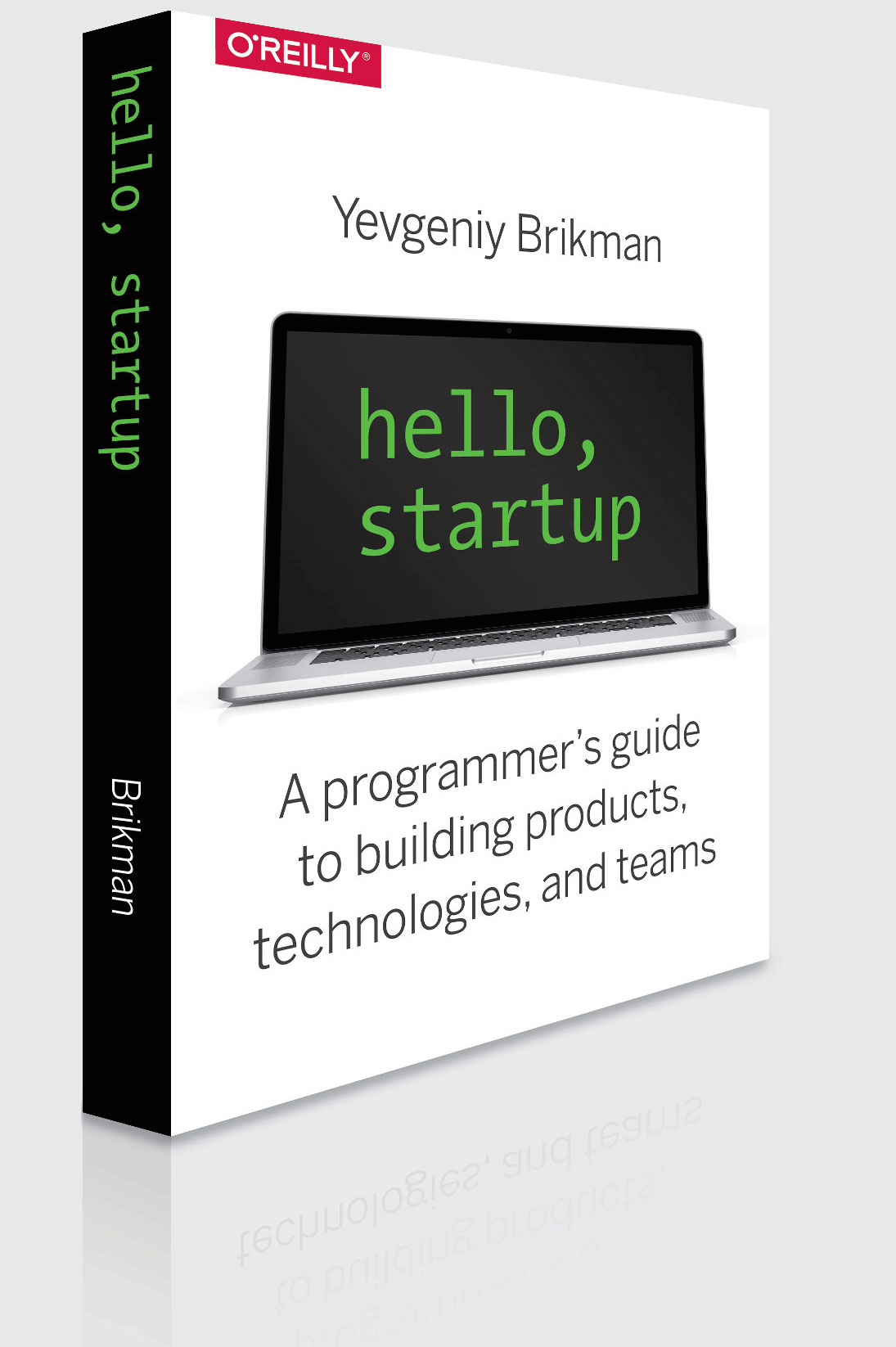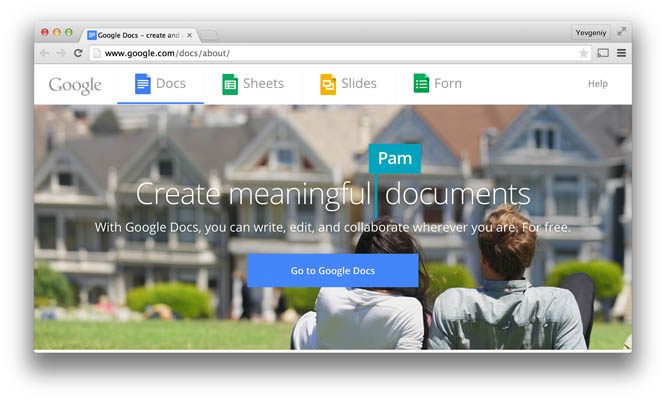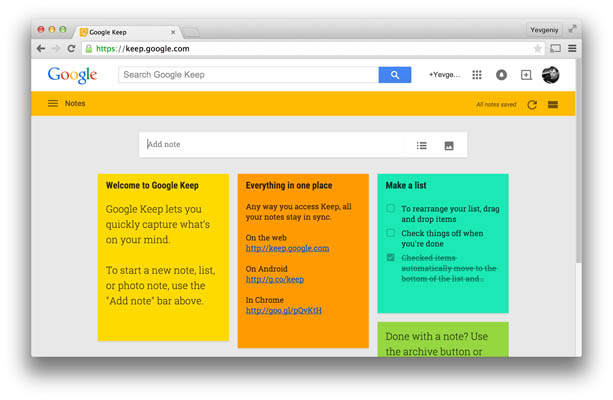Startup Resources: Startup Ideas
How to come up with startup ideas; how to be more creative; a list of links to ready-made ideas you can use.
These startup resources are based on the book Hello, Startup: A Programmer's Guide to Building Products, Technologies, and Teams by Yevgeniy Brikman. These resources are a work in a progress. They are also open source, so you can add your contributions by submitting a pull request to the Hello, Startup GitHub Repository. To see how these resources fit into the bigger picture, check out the The Startup Checklist, which is a comprehensive collection of everything you need to do to launch a startup.
Idea lists
Ready-made lists of startup ideas you can use for inspiration.
Y Combinator Requests for Startups
https://www.ycombinator.com/rfs/There are a lot of startup ideas we've been waiting for people to apply with, sometimes for years. In an effort to be more direct, we're introducing the RFS (Requests for Startups).
Startup idea list
https://news.ycombinator.com/item?id=55974A Hacker News discussion where many people freely shared their startup ideas. See also the latest version of the discussion.
What Has Us Interested at Homebrew...
http://bit.ly/HomebrewWhatIfsHomebrew What Ifs: here's an incomplete list of hypotheses and business ideas that we're especially curious about for potential funding by Homebrew.
IdeasWatch
http://www.ideaswatch.com/Get to know 6000+ entrepreneurs and developers from more than 160 countries via sharing and discussing startup ideas. Start a business together.
SomebodyMakeThis
https://www.reddit.com/r/SomebodyMakeThis/Got an idea for something that would be really damn cool, but don't have the time, money, or skills to pull it off yourself? Post it here! Maybe someone else has the resources, but just lacks the idea.
Broaden your knowledge
See the "top 5" lists section of the "Startup Ideas" chapter.
Five Books
http://fivebooks.com/We ask experts and authors to recommend the best books in their subject and explain, in an interview, why they're important.
The Best Textbooks on Every Subject
http://lesswrong.com/lw/3gu/the_best_textbooks_on_every_subject/What if we could compile a list of the best textbooks on every subject? That would be extremely useful. Let's do it.
Khan Academy
https://www.khanacademy.org/Khan Academy offers practice exercises, instructional videos, and a personalized learning dashboard that empower learners to study at their own pace in and outside of the classroom. We tackle math, science, computer programming, history, art history, economics, and more.
Further reading
Startup Ideas and Validation
https://www.ybrikman.com/writing/2016/02/14/startup-ideas-and-validation/Every startup begins with an idea. This is a talk that discusses how to come up with startup ideas and validation techniques you can use to pick the ideas worth working on.
Startup Ideas: How the Best Founders Get Them and Why Novelty Is Overrated
https://www.capshare.com/blog/startup-ideas/Getting good startup ideas can be difficult because we often think finding an extremely novel solution to a problem is a prerequisite. This article challenges that belief, provides a statistical analysis of how the best founders came up with their ideas, and gives you 16 pre-inventive frameworks to help you find an idea that will work for you.
Where Good Ideas Come From
http://www.amazon.com/dp/1594485380?ref=hello-startup-20The printing press, the pencil, the flush toilet, the battery--these are all great ideas. But where do they come from? What kind of environment breeds them? What sparks the flash of brilliance? How do we generate the breakthrough technologies that push forward our lives, our society, our culture? See also the popular TED talk.
Steal Like an Artist
http://www.amazon.com/dp/0761169253?ref=hello-startup-20See also the popular TED talk.
The User Illusion
http://www.amazon.com/dp/0140230122?ref=hello-startup-20%22As John Casti wrote, "Finally, a book that really does explain consciousness." This groundbreaking work by Denmark's leading science writer draws on psychology, evolutionary biology, information theory, and other disciplines to argue its revolutionary point: that consciousness represents only an infinitesimal fraction of our ability to process information.
Conceptual Blockbusting
http://www.amazon.com/dp/0738205370?ref=hello-startup-20We all run up against mental blocks, and there’s no better map for getting around them than Conceptual Blockbusting . This proven and popular book is packed with eye-opening exercises and original thought problems that will stretch your mind.
The Future Doesn't Have to be Incremental
https://www.youtube.com/watch?v=gTAghAJcO1oFounder School talk by Alan Kay.
Everyday Inspiration
https://www.youtube.com/watch?v=bPwgkf1aZ9ITEDxDeadSea talk by Mahmoud Al-Qudsi.
































